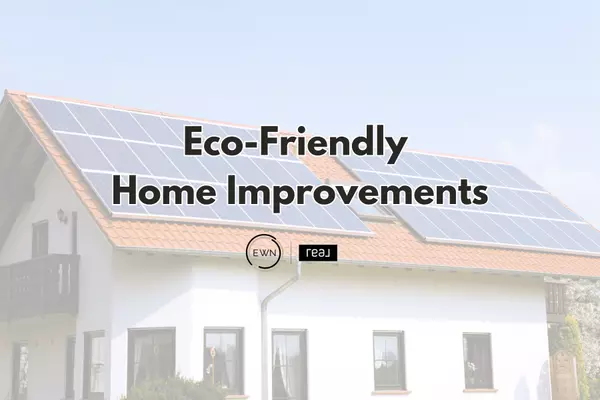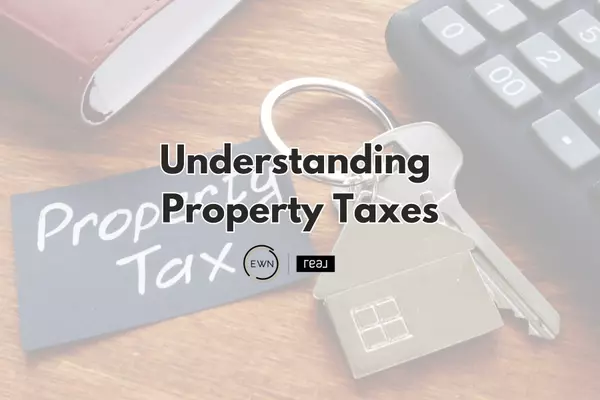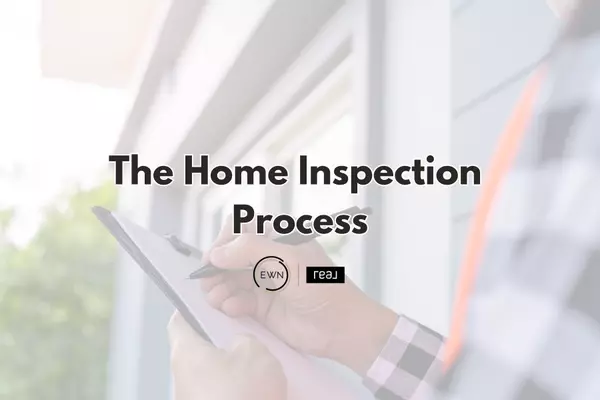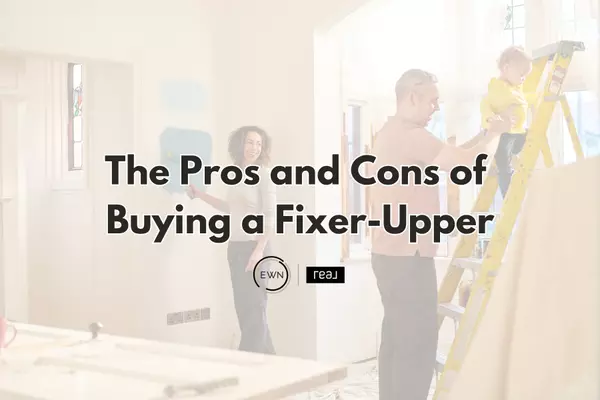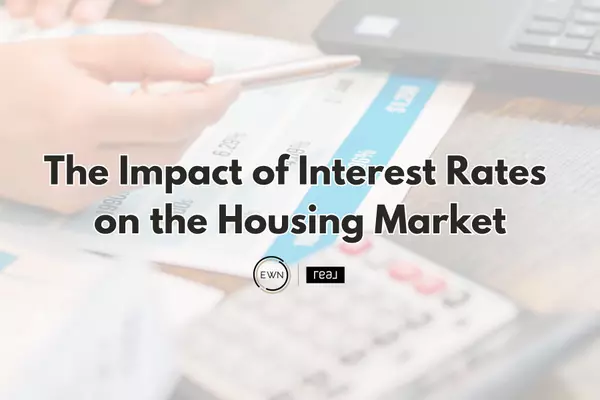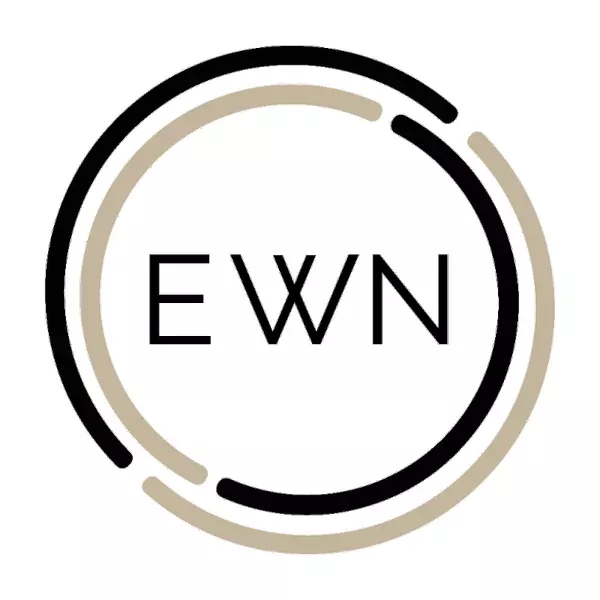The Pros and Cons of Buying a Fixer-Upper
The Pros and Cons of Buying a Fixer-Upper: A Deep Dive into the Potential Risks and Rewards
In today’s competitive real estate market, many homebuyers are turning to fixer-upper properties as an alternative to turnkey homes. Whether you're a first-time homebuyer looking to enter the market at a lower price point or an investor hoping to maximize returns, purchasing a fixer-upper can be both an exciting opportunity and a risky endeavor. This comprehensive guide breaks down the pros and cons of buying a fixer-upper, helping you determine whether this type of property is the right fit for your needs.

What is a Fixer-Upper?
A "fixer-upper" refers to a property that requires repairs, renovations, or major upgrades before it becomes livable or meets the buyer's desired standards. These homes are typically sold below market value, attracting buyers with a vision and willingness to invest time and money into improvements.
Pros of Buying a Fixer-Upper
1. Lower Purchase Price
One of the biggest advantages of buying a fixer-upper is the lower upfront cost. According to the National Association of Realtors, fixer-upper homes are generally priced significantly below move-in-ready homes in the same area. This makes them attractive to budget-conscious buyers who are priced out of the turnkey market.
2. Customization Opportunities
When you buy a fixer-upper, you have the freedom to personalize the home according to your preferences. From kitchen finishes to layout changes, the possibilities for customization are nearly endless. This can be especially appealing to creative buyers who want a unique space tailored to their tastes.
3. Equity Building Potential
Renovating a home can increase its market value substantially. If the renovations are done well and in alignment with neighborhood trends, buyers can build significant equity. This is particularly beneficial for investors who aim to "flip" the home or rent it out.
4. Less Competition
Turnkey homes often attract bidding wars, especially in hot real estate markets. In contrast, fixer-uppers may receive less attention due to the perceived effort involved. This reduced competition can lead to better negotiation leverage for buyers.
5. Tax Incentives and Financing Options
Several financing options are available for fixer-uppers, including FHA 203(k) loans and Fannie Mae’s HomeStyle Renovation loan. These programs allow buyers to finance both the purchase and renovation costs. You may also be eligible for local or federal tax credits if your renovations involve energy-efficient upgrades. Learn more at EnergyStar.gov.
Cons of Buying a Fixer-Upper
1. Unexpected Costs
While the initial price might be lower, renovation costs can add up quickly. Hidden issues like mold, outdated wiring, or foundation problems can blow your budget. Always budget an additional 10-20% for unforeseen expenses. A detailed inspection is critical to avoid financial surprises.
2. Time-Intensive Process
Renovations can take months or even years, depending on the scope of work and contractor availability. During this time, you may need to find alternate housing, which adds to your overall cost.
3. Financing Challenges
Although renovation loans exist, securing financing can be more complicated than traditional mortgages. Lenders often require detailed renovation plans and contractor bids before approving loans, and the underwriting process can be lengthy.
4. Permits and Regulations
Home improvements often require permits and must adhere to local building codes. Failing to comply can lead to costly fines or redoing the work. You’ll also need to schedule inspections at different phases of your renovation, which can delay progress.
5. Emotional and Physical Stress
Taking on a fixer-upper can be stressful, especially for first-time homebuyers. The decision-making, construction noise, contractor issues, and general disruption to your daily life can take a toll. If you're not prepared for the mental and emotional investment, it can become overwhelming.

Important Considerations Before Buying
1. Get a Thorough Inspection
Hire a qualified home inspector to assess the home’s structure, plumbing, electrical systems, and roofing. This will help you understand the true condition of the property and avoid nasty surprises.
2. Work with a Real Estate Agent Experienced with Fixer-Uppers
Choose an agent who has experience dealing with renovation properties. They can help you spot red flags, understand renovation costs, and even connect you with reliable contractors.
3. Estimate Renovation Costs Realistically
Use tools like HomeAdvisor’s True Cost Guide to estimate average renovation expenses. Always get multiple quotes and avoid underestimating labor and materials.
4. Check Zoning Laws and HOA Rules
Make sure your planned renovations comply with zoning regulations and any HOA rules. Some communities restrict exterior changes or additions.
5. Plan for Resale Value
Even if you’re planning to live in the home long-term, consider its future resale potential. Research comparable homes in the neighborhood to ensure your renovation investment makes financial sense.
Real-Life Example: The Fixer-Upper Success Story
Meet Sarah and James, a young couple in Denver who bought a $250,000 fixer-upper in a desirable neighborhood. With a renovation budget of $50,000 and a lot of sweat equity, they transformed the home over 12 months. When appraised post-renovation, the home was valued at $375,000. Not only did they gain $75,000 in equity, but they also customized the home to suit their lifestyle perfectly.
When a Fixer-Upper Might Not Be Right for You
While the benefits are numerous, buying a fixer-upper isn’t for everyone. It may not be ideal if:
- You need to move in quickly.
- You lack time, skills, or patience for renovations.
- Your budget doesn’t allow for unexpected repairs.
- You prefer a stress-free homeownership experience.
In such cases, a turnkey home may be a better option.
Final Thoughts: Is a Fixer-Upper Worth It?
The decision to buy a fixer-upper depends on your financial situation, risk tolerance, timeline, and renovation capability. For the right buyer, the rewards can be substantial—customization, equity growth, and potentially lower overall investment. However, the path is not without hurdles.
By doing your homework, working with the right professionals, and setting realistic expectations, you can turn a fixer-upper into your dream home or a profitable investment.
For more real estate insights, check out Investopedia's Guide to Real Estate Investing and Realtor.com's Home Buying Advice.
Categories
Recent Posts
